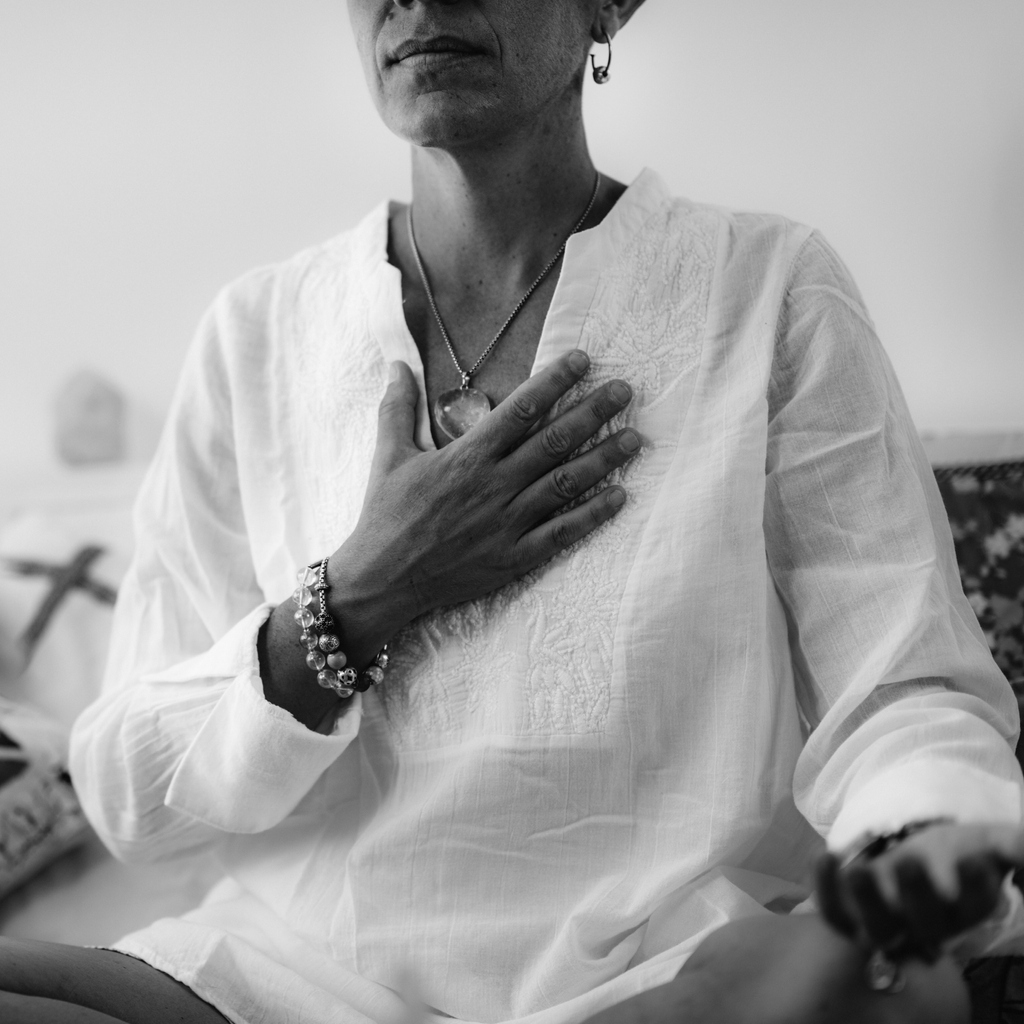“For many people who are living with loss, every day is like Valentine’s Day,” says Guy Murgo.
In 2007, after losing his wife of 34 years, Guy experienced this personally. He joined a HopeHealth grief support group to help navigate his loss — then became a grief counselor himself, helping countless others get through holidays, special occasions and every day in between.
If you’re missing a partner, spouse or loved one this Valentine’s Day, here are his tips.
> Learn about all of HopeHealth’s free support groups

Try to accept however you’re feeling — good or bad.
On any given day, the right sight, smell or song can trigger vivid reminders of our loved ones. On Valentine’s Day, when the world tends to be wallpapered in hearts, it gets even more complicated.
Even if you and your loved one didn’t make a big deal out of February 14th, prepare for the possibility of intense feelings on and around this day.
- Build extra space into this week, in case you need to take it easy. “Especially at the beginning of our grief journey, emotional moments may derail us and make it a struggle to focus at work or to complete our routines,” says Guy. “That’s understandable.”
- But don’t worry if Valentine’s feels like any other day. “Reactions to holidays do not indicate how much we love or miss our loved ones,” says Guy. “Many people don’t feel increased emotions on Valentine’s Day or other holidays. There is no right or wrong way to feel during grief.”
Think about what you can do — or not do — to help you get through the day.
Grief is unpredictable, and holidays like Valentine’s Day can be especially full of surprises. Take a moment to map out how you want this day to go, and identify a few ways to make it easier on yourself.
- Make a special Valentine’s Day plan. Maybe you have lunch at a restaurant where you and your loved one shared a memorable Valentine’s Day, and invite a friend or two along. “It brings comfort to some people, to feel the support of being in that same place and with people who knew their loved one,” says Guy.
- Or make a non-plan. “Everyone copes with loss differently. Some people cope with special days by treating them like any other day, maybe working or following their usual routines,” says Guy.
- Regardless, remember it’s OK to change your mind. After his wife Carol passed, Guy decided to go to their favorite Italian festival alone. He got as far as the parking lot. “It was too many emotions,” says Guy. “I said to myself, ‘I can’t do this. I’m not going to make a big thing out of it. It’s just the way it is.’ And then I turned around and went back home.”
> Read: Grief & the holidays: Practical advice when you have experienced the loss of a loved one
Tell others how you feel and what you prefer.
It sounds simple, but it’s easy to forget: The people around us can’t read our minds. Because grief is such an individual experience, it’s even harder for your friends, family and coworkers to predict what you need.
So whatever your plans are for Valentine’s Day, tell everyone directly or enlist a friend to help. For example, try:
- “Can you let everyone know it’s OK to ask me about my grief? In fact, I kind of like it.”
- Or, “I just want to have a good time today. I’d rather not talk about my grief. Can you get the word out?”
“Most of your grief journey is out of your control. This way, you at least have a little bit of a say in how people are responding to you,” says Guy.
Plus, if you choose to open up, it may be the greatest Valentine’s Day gift you could give yourself.
“Keeping our sorrow to ourselves can increase our sense of loneliness,” says Guy. “Sharing our feelings with a trusted friend, family member or support person can be very helpful.”
> Related: 5 ways to use mindfulness for grief, stress or anxiety
Give yourself permission to move forward.
On days like Valentine’s Day, many people struggle with “should”: that they should feel worse, perhaps, or they should do more to honor their loved one’s memory. Try to set aside those expectations, and simply do what feels right.
“There is no ‘should’ in grief. Grief is so individual that we can’t generalize it. And ‘should’ is generalizing it,” says Guy. “You can’t go wrong when you follow your heart. A lot of the grief journey is giving ourselves permission to do that, and to go forward — not just with the day, but with life.”
Instead of moving on, think of it as moving forward.
“You’re not leaving your loved one behind,” Guy says. “You’re taking them with you. They’re with you on this. Just try feeling that connection and saying, ‘They’re with me. They would be happy for me. They would be proud of me for doing this. And this is what I would want for them.’”

